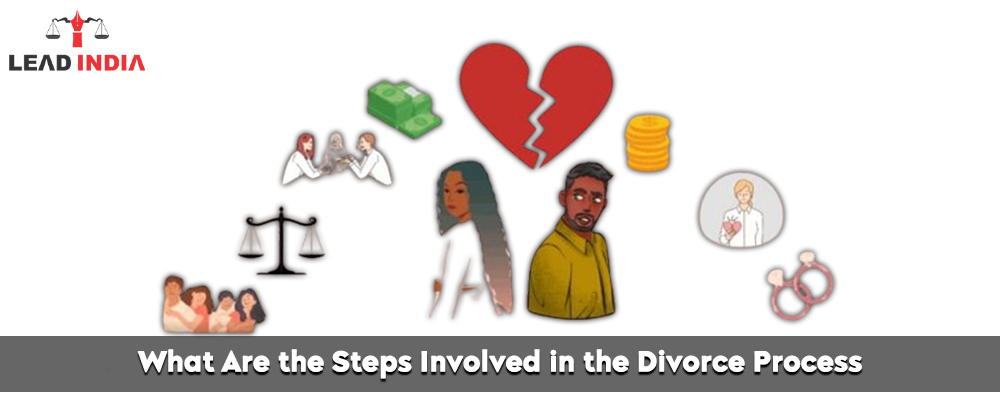Our society has changed to such an extent that it has now accepted divorces. The social stigma of being a divorcee has been diluted now. Once the couple has decided to move out of marital ties, the first thing they do is to explore the legal ways of terminating the marriage. In India, there are two types of divorces. Let’s discuss these:
Types of Divorces
- Mutual Consent Divorce: In this type of divorce, both the spouses have agreed to end the marriage. They mutually by agreement agree to divorce. They jointly file the divorce petition in this.
- Contested Divorce: In this type of divorce, either of the spouse wants to give divorce. Either of the spouse initiates the divorce proceeding on certain grounds like cruelty, insanity, conversion etc.
Need A Legal Advice
The internet is not a lawyer and neither are you. Talk to a real lawyer about your legal issue

Laws related to Divorce
Divorces in India are governed by personal laws. Muslim Law governs the Muslim divorces. Likewise, Christian Law governs the Christian divorces. The Hindu Marriage Act of 1955 governed the Hindu Divorces. Section 13 of the Hindu Marriage Act talks about grounds of divorce. It states that divorce can be taken on the ground of cruelty, adultery, desertion, conversion, insanity, leprosy, communicable disease, renunciation, presumption of death.
Section 13B of HMA talks about divorce by mutual consent. The spouse under this section can file a joint petition for divorce before family court.
Divorce by Mutual Consent procedure
- The first step is to find a good divorce lawyer. After this, the lawyer will draft the divorce petition and will file it before the appropriate family court.
- Both the spouses will file the joint petition before the family court on the ground that they have been living separately for a period of one year or more, or that they have mutually agreed for divorce because they are unable to live together. Both the spouses will sign this joint petition for divorce.
- Both the parties need to appear before the court. The court will scrutinize the petition and if the court is satisfied that no reconciliation is possible, the court will proceed with the divorce.
- After this, the court will record the statements of both the parties.
- The court will pass an order on the first motion. Following that, both parties are allow a period of six to eighteen months before filing their second motion.· If both the parties decide to appear for a second motion, then they can proceed for a final hearing. In case the second motion is not made within the period of 18 months, the court will pass no decree for divorce. The party can withdraw their consent before passing the final decree.
- Once the court is satisfy that the marriage cannot be save then the court will pass a final decree of divorce.
Contested divorce procedure
- The couple should appoint a lawyer. The lawyer will draft a divorce petition. The divorce petition should be file along with affidavits, vakalatnama, and relevant documents in a family court.
- The court will review the petition and after reviewing if the court is satisfy then it will issue notice or summons to the opposite party.
- The court will first recommend mediation to the parties. If the mediation fails then the court will proceed with the divorce proceedings.
- On the fixed date, the court will record the statements of parties, take the evidence. The solicitors for both sides will then make their final arguments.
- After hearing the parties and analyzing the evidence, the court will pass its final decision and issue a divorce decree. The appeal can be file by the aggrieve party within the period of three months from the date of decree.
You can contact Lead India for any legal help. We provide online free legal advice, Along with other legal assistance. On our platform, you can talk to lawyers. You can freely ask any legal question. We provide the solutions to your legal problems.





 Talk to a Lawyer
Talk to a Lawyer